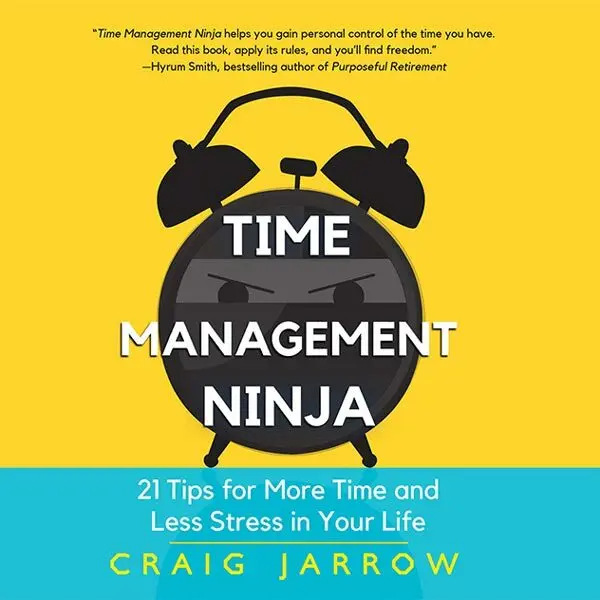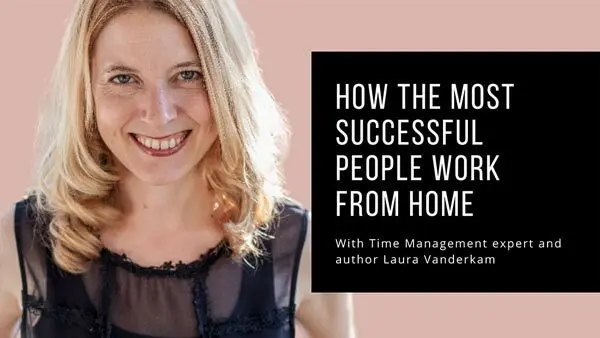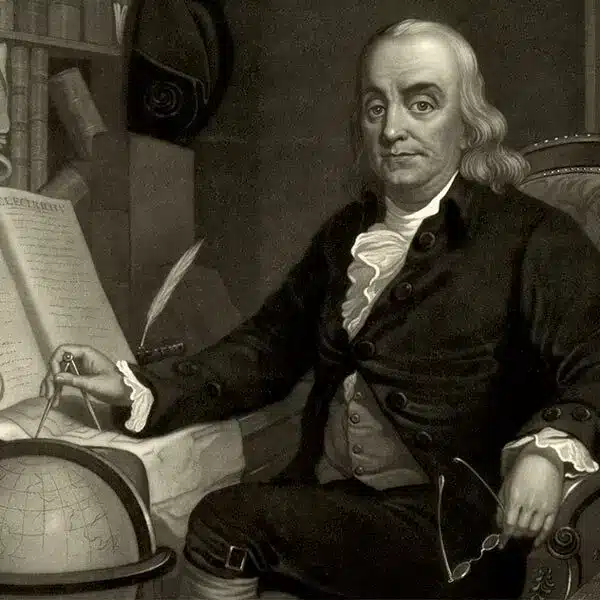Mastering the minutes of each day can feel like an impossible task, especially when your to-do seems endless, and getting project stakeholders together can feel like herding cats. But don’t let feelings of overwhelm get you down. You’re not in this alone!
You have access to a wealth of information that can help you get on top of your own time management best practices and you can access a lot of it for free. Today’s top productivity influencers write books and blogs, record inspiring talks, and share out actionable advice with a few taps of a Tweet. There’s also a lot to learn from our forebears, who revolutionized burning the candle at both ends long before technology put the world at our fingertips.
To get you started, we’ve put together a list of enduring and emerging productivity influencers. Some may be familiar. Some not so much. Others you may be encountering in an entirely new context. Check out their philosophies and look for tips on taking care of yourself while also taking care of business.
1. Craig Jarrow
Craig Jarrow tops nearly every “top productivity expert” list out there, and for good reason. He’s built a career around his blog, Time Management Ninja, and has written hundreds of articles and several books on how to “win the battle against wasted time, disorganization, and all other things evil.”
Touting a time-management philosophy that embraces “learning proper skills, habits, and tools that empower people to take control of their professional and personal lives,” Jarrow offers courses and downloadable eBooks on his site and maintains an active social media presence with more than 35,000 followers. Follow him on Twitter, or visit the TMN blog to learn more.

2. Leo Babauta
The creator of the Zen Habits suite of books, video courses, and blog series, Leo Babauta has made his mark on the productivity-sphere via a simple, grounded approach to embracing meaningful life changes. A father of six, passionate vegan, and fitness enthusiast, Babauta’s books tell the story of his journey to a better life; his courses invite others to find their path and align their values.
Case in point: On Babauta’s site, he lists his current projects with a note that reads: “These are my priorities. I say no to everything else: new projects, promoting anything, etc.” Want to learn how to streamline your life and focus on what matters most? Visit the Zen Habits blog, or join the nearly 200,000 people who follow Babauta on Twitter.

3. Laura Vanderkam
Laura Vanderkam is the author of several uber-successful productivity books, including I Know How She Does It and What the Most Successful People Do Before Breakfast. She’s been widely published in national publications like USA Today and the Wall Street Journal, and her website features video appearances of her sharing time-management insights on The Today Show, Nightline, and a 2016 Ted Talk.
One highlight: Vanderkam encourages professionals to imagine their performance reviews a year in advance — she recommends that you ask yourself what 3-5 things you want to accomplish, and how you can backward plan your year to get there. Find Vanderkam on Twitter for more prompts and productivity advice.

4. Benjamin Franklin
A founding father was known for his inventions, common sense, and enthusiasm for flatulence, Benjamin Franklin also kept a tireless schedule that slotted time for work, rest, and reflection. A man of many disciplines, Franklin rose early and kept a, but also allowed ample time for dining, socializing, and “diversion.”
A successful newspaper editor and author of Poor Richard’s Almanac, there’s no doubt that today “The First American” would be a prolific blogger and social media presence. A potential tweet: “What good shall I do today?” This is still a worthy question for anyone solidifying their modern productivity routine.

5. Mike Gardner
Author of the best-selling book Business Owners: Your Family Misses You, Mike Gardner is also the man behind the website The Time Doctor, which offers practical tips for diagnosing and addressing common productivity issues.
Gardner’s approach is informed by his personal commitment to his family, hobbies, and health. A survivor of three heart attacks and a stroke, he’s a passionate advocate of work-life balance, and a vocal proponent of making the most of our precious time on Earth. Ready to begin? Follow Gardner on Twitter.
6. John Wanamaker
An early pioneer of the department-store model, John Wanamaker might have some choice words about the shift from brick-and-mortar stores to eCommerce. But he’d also be delighted to see the range of calendar apps and tools at our collective disposal.
In 1900, Wanamaker popularized the kind of daily diary that informs our modern schedules (not to mention the multimillion-dollar personal planner industry) by merging a paper calendar with his store’s annual catalog. The result was a stylish, easy-to-use scheduler underwritten with ads for products featured in Wanamaker’s stores. Wanamaker also was an innovator in keeping his stock moving and store overhead low; he popularized seasonal sales on merchandise way before Black Friday was even a thing.
7. Marie Curie
Granted, Marie Curie may not immediately spring to mind as an example of someone with good work-life balance. After all, the Nobel Prize-winning scientist did ultimately die from exposure to the radium she made her life’s work.
However, Curie’s legacy offers some lasting notes on how to work hard and ignore distractions. As the productivity blog Lifehacker notes, Curie lived by three key time-management tenets that are still pertinent today: 1) ignore gossip, 2) keep detailed journals, 3) forget your accomplishments. By avoiding life’s daily drama, Curie ensured that her scientific contributions lasted way beyond any petty talk about her ability or gender.

8. Dandapandi
A rising speaker in the field of concentration and mindfulness, Dandapani graduated from university in Australia with a degree in electrical engineering but left it all behind to become a Hindu monk and live a life of personal discipline. After his vows expired, he decided to move to New York and translate his spiritual experience into the secular world.
With a TEDx Talk on the concentration that boasts more than one million viewers, Dandapani also conducts workshops for organizations and individuals looking to unlock the secrets of mindfulness and focus in an increasingly distracted age. Follow Dandapani on Twitter to learn more about how to integrate these practices into daily life, and to learn more about his retreats and workshops around the world.
Have a favorite productivity expert you think we’d love? Let us know by commenting on our Facebook and Twitter pages!




